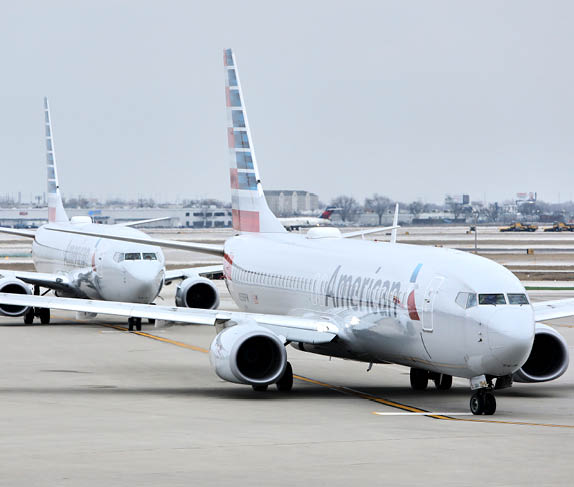Prolonged pandemic-related travel restrictions have extended recovery trajectories for aircraft ABS asset values following the substantial hit during the pandemic, according to Fitch Ratings. Value pressures should begin to ease in line with accelerating air traffic growth beginning in 2H21 in certain markets, driven by some normalization in leisure travel, but will depend upon the pace of vaccination rollouts globally and travel restrictions easing. However, pronounced supply and demand imbalances, combined with the approaching next-generation replacement technology, may continue to drag on values given the regional distribution and collateral profile of typical aircraft ABS portfolios.
Aircraft market values materially declined as a result of the knock-on effects tied to the 90% drop in domestic and international passenger traffic in 2020. According to Cirium, a large aviation-focused data provider, parked and stored passenger aircraft reached their peak at approximately 20,000 in April 2020, declining through 2H20, and are now estimated to be under 10,000, compared with under 5,000 pre-pandemic.
The reduction in market values was one of the main drivers of aircraft ABS rating downgrades over the past 13 months, with widebodies and out-of-production aircraft seeing the steepest value declines. Certain widebody aircraft values, like the A330s and B777s, had already seen value resets in the years leading up to the pandemic and took further declines as airlines pared back active fleets in reaction to travel restrictions. Looking ahead more broadly to the next few years, replacement technology aircraft may start to dominate the life cycle of current generation widebody and narrowbody aircraft and further constrain the recovery of in-production aircraft values.
Fitch says that it has observed continued value adjustments from appraisers in response to the unprecedented shock of the pandemic. Asset value recovery in ABS portfolios is expected to lag the broader air travel recovery due to pool concentrations in Asia and emerging Europe, where vaccination efforts remain challenged. The pace of recovery could also be hampered by slower growth in global air traffic, constrained utilization, and evolving airline credit events that would further contribute to excess supply.
Dispositions in portfolios have been limited since the onset of the pandemic. Sales have primarily been part-outs or on a consignment basis, resulting in realized net proceeds as a percent of transaction values around 70%, compared with +90% in 2019. This does not consider end-of-lease proceeds or other maintenance-related contributions prior to sale, and is above Fitch’s typical assumption of 50%.
Fitch’s asset performance outlook is expected to remain negative until improving global air travel trends result in observed stabilization in base and market values and a return to sustainable cash flow levels in rated ABS portfolios.

